Home>diy>Building & Construction>What Is A Construction Surveyor


Building & Construction
What Is A Construction Surveyor
Modified: January 23, 2024
Discover the important role of a construction surveyor in building construction. Learn the skills, responsibilities, and benefits of hiring a professional surveyor.
(Many of the links in this article redirect to a specific reviewed product. Your purchase of these products through affiliate links helps to generate commission for Storables.com, at no extra cost. Learn more)
Introduction
In the world of construction, accuracy and precision are essential to ensure the successful completion of any project. One crucial role in the construction industry is that of a construction surveyor. Construction surveyors play a vital role in the planning, design, and execution phases of a construction project.
A construction surveyor is responsible for gathering and analyzing data related to the physical features of a construction site. They use advanced surveying tools and equipment to measure and map out the land, ensuring that structures are built in the correct locations, and conform to legal and safety requirements.
Construction surveyors are essential in assessing the feasibility of a project, helping to identify potential challenges and ensuring that all specifications and regulations are met. They work closely with architects, engineers, and construction teams to ensure precise and accurate land measurements throughout the construction process.
In this article, we will explore the role of a construction surveyor in more detail, discussing their skills and qualifications, the tools and equipment they use, the different types of construction surveys they conduct, and the importance of their work. We will also touch on the challenges they face and the career opportunities available in this field.
So, let’s dive in and discover the world of construction surveyors, and the impact they have on the successful completion of construction projects.
Key Takeaways:
- Construction surveyors play a crucial role in ensuring accurate site analysis, compliance with regulations, and quality control throughout construction projects, contributing to their successful and safe completion.
- Skilled professionals in construction surveying can expect promising career opportunities and rewarding prospects, with the continuous growth of the construction industry and the demand for accurate measurements and data.
Read more: What Is A Quantity Surveyor In Construction?
Role of a Construction Surveyor
The role of a construction surveyor is multifaceted and plays a crucial part in the construction process. They are responsible for conducting surveys and providing accurate measurements and data that guide the construction team in various aspects of a project. Here are some key responsibilities of a construction surveyor:
- Site Analysis: Construction surveyors assess the site conditions, topography, and physical features of the land. They use advanced tools, such as total stations and GPS equipment, to measure and map out the site accurately.
- Establishing Boundaries: Construction surveyors are responsible for determining property lines and boundaries to ensure compliance with legal requirements. They work closely with landowners, municipalities, and regulatory bodies to obtain the necessary permits and approvals.
- Layout and Setting Out: Once the architectural and engineering designs are finalized, construction surveyors play a critical role in translating these plans into reality. They mark out the precise locations of buildings, roads, utilities, and other structures on the ground, ensuring that they are constructed in the correct positions and alignments.
- Quality Control and Monitoring: Construction surveyors monitor the construction progress to ensure that it aligns with the planned specifications. They conduct regular surveys and measurements to verify that buildings and structures are being constructed according to the design and engineering standards.
- Volumetric Calculations: Construction surveyors calculate the quantities of materials needed for construction projects, such as concrete, asphalt, or excavated earth. These calculations help estimate the project’s costs accurately and ensure that sufficient materials are available for the construction process.
- As-Built Surveys: After the construction phase is completed, construction surveyors conduct as-built surveys to compare the actual dimensions and positions of built structures with the original design plans. These surveys serve as a record of the completed project and aid in property valuation, remodeling, or future expansion.
Overall, construction surveyors play a pivotal role in maintaining accuracy and precision throughout the construction process. Their expertise and attention to detail ensure that construction projects are executed efficiently, meeting all regulatory requirements and quality standards.
Skills and Qualifications
To excel in the role of a construction surveyor, it is essential to possess a specific set of skills and qualifications. Here are some key skills and qualifications that are typically required:
- Knowledge of Surveying Techniques: Construction surveyors should have a deep understanding of various surveying techniques, including measurement methods, coordinate systems, and data analysis. They should be proficient in using advanced surveying equipment and software.
- Technical Proficiency: Proficiency in using tools such as total stations, GPS receivers, laser scanners, and computer-aided design (CAD) software is essential. Knowledge of survey-grade equipment and the ability to troubleshoot technical issues is highly desirable.
- Strong Mathematical and Analytical Skills: Construction surveyors need to have excellent mathematical skills and be able to perform complex calculations related to distances, angles, areas, and volumes. They should also demonstrate strong analytical skills in interpreting data and making accurate measurements.
- Attention to Detail: Precision is crucial in the field of construction surveying. Construction surveyors must possess a keen eye for detail and be able to accurately measure and record data. One small error in measurement can have significant consequences on the entire project.
- Communication and Teamwork: Construction surveyors often work as part of a team, collaborating with architects, engineers, and construction workers. Strong communication and teamwork skills are essential to convey information effectively and work harmoniously with others.
- Knowledge of Construction Codes and Regulations: Construction surveyors need to have a deep understanding of local building codes, regulations, and land surveying laws. This knowledge ensures compliance with legal requirements and minimizes the risk of costly delays or legal issues.
- Physical Stamina: Construction surveyors often work in demanding environments, including outdoor locations and construction sites. They should have the physical stamina to endure long hours of standing, walking, and working in various weather conditions.
In terms of qualifications, a bachelor’s degree in surveying, civil engineering, or a related field is typically required for a construction surveyor position. In some cases, a relevant associate degree or vocational training coupled with extensive field experience may be considered.
Additionally, obtaining professional certifications, such as the Certified Survey Technician (CST) or Professional Land Surveyor (PLS) designation, can boost credibility and career advancement opportunities.
By possessing the necessary skills and qualifications, construction surveyors can thrive in their role and contribute effectively to the success of construction projects.
Tools and Equipment used by Construction Surveyors
Construction surveyors rely on a variety of tools and equipment to carry out their work accurately and efficiently. These tools help them measure, record, and analyze data related to the physical features of a construction site. Here are some common tools and equipment used by construction surveyors:
- Total Stations: Total stations are advanced surveying instruments that combine the functions of a theodolite and an electronic distance measurement (EDM) device. They enable construction surveyors to measure angles, distances, and elevations with precision.
- Global Positioning System (GPS) Receivers: GPS receivers use satellite signals to determine precise locations on the Earth’s surface. Construction surveyors use GPS technology to establish accurate control points, measure distances, and create geospatial data for construction projects.
- Laser Scanners: Laser scanners emit laser beams that capture detailed 3D measurements of objects or surfaces. Construction surveyors use laser scanners to create highly accurate digital representations of existing structures or terrains, which aids in project planning and design.
- Automatic Levels: Automatic levels are optical devices used to measure height differences and level surfaces. They are commonly used in simple leveling tasks, such as checking the verticality of walls or determining ground heights.
- Surveying Data Collectors: Data collectors are handheld devices that are used to store and process surveying data. They allow construction surveyors to record measurements, make calculations, and create digital surveying reports in the field.
- Surveying Prisms and Reflector Targets: Surveying prisms and reflector targets are used with total stations to reflect and redirect the survey instrument’s measurements. They improve the accuracy of distance measurements and enable construction surveyors to measure inaccessible or distant points.
- Measuring Tapes and Ranging Poles: Measuring tapes and ranging poles are essential tools for measuring distances and heights in the field. They are used to take linear measurements and establish reference points during construction surveying tasks.
- Computer-Aided Design (CAD) Software: CAD software allows construction surveyors to create detailed maps, drawings, and digital models of construction projects. It helps in analyzing data, generating accurate blueprints, and collaborating with architects and engineers.
These tools and equipment empower construction surveyors to collect precise measurements, create accurate maps, and ensure the successful execution of construction projects. Staying up-to-date with the latest technological advancements in surveying tools is crucial for construction surveyors to optimize their work processes and deliver accurate results.
Types of Construction Surveys
Construction surveyors conduct various types of surveys to gather critical data and provide valuable information for construction projects. These surveys help in the planning, design, and construction phases, ensuring that buildings and infrastructure are constructed accurately and in compliance with regulations. Here are some common types of construction surveys:
- Topographic Surveys: Topographic surveys involve mapping the natural and man-made features of a construction site. Construction surveyors measure and record elevations, contours, vegetation, water bodies, and other physical features. This information is crucial for site planning, drainage design, earthwork calculations, and determining suitable areas for construction.
- Boundary Surveys: Boundary surveys establish the legal boundaries of a property. Construction surveyors determine property lines and corners, verify existing property records, and create precise boundary descriptions. These surveys ensure that construction projects are within legal boundaries and comply with zoning and land-use regulations.
- Construction staking: Construction staking involves marking the precise locations of proposed structures and infrastructure on the ground. Construction surveyors use the plans and designs provided by architects and engineers to stake out the positions of buildings, roads, utilities, and other elements. This ensures that construction is carried out accurately and in alignment with the intended design.
- As-Built Surveys: As-Built surveys are conducted at the end of a construction project to compare the built structures with the original design plans. Construction surveyors measure and document the actual dimensions, positions, and elevations of completed buildings and infrastructure. As-Built surveys serve as a record of the project and provide valuable information for property valuation, future modifications, or expansion.
- Volumetric Surveys: Volumetric surveys involve calculating the quantities of materials, such as earthwork, concrete, or asphalt, required for construction projects. Construction surveyors measure and analyze the volumes of excavation, fill, and stockpiles to estimate material quantities accurately. This information is crucial for cost estimation, resource management, and ensuring an adequate supply of materials.
- Monitoring Surveys: Monitoring surveys are conducted to assess and monitor changes in structures or land over time. Construction surveyors use specialized instruments and techniques to measure movements, settlement, or deformation of buildings, slopes, or other structures. Monitoring surveys help identify potential risks, ensure structural stability, and inform maintenance or remedial actions.
These are just a few examples of the types of surveys conducted by construction surveyors. The specific surveys required for a construction project depend on its scope, location, and specific requirements. By conducting these surveys, construction surveyors provide valuable data and contribute to the successful and safe execution of construction projects.
A construction surveyor is responsible for accurately measuring and mapping the land before and during construction. They use specialized equipment to ensure that the project is built according to the design plans and within property boundaries.
Read more: What Does A Construction Surveyor Do
Importance of Construction Surveys
Construction surveys are of paramount importance in the construction industry. They provide crucial data and information that guide the planning, design, and construction processes. Here are some key reasons why construction surveys are essential:
- Accurate Site Analysis: Construction surveys provide accurate measurements and mapping of the construction site. This information helps architects, engineers, and construction teams understand the site’s topography, existing infrastructure, and natural features. It enables them to make informed decisions about design, construction methods, and project feasibility.
- Proper Alignment and Positioning: Construction surveys ensure that buildings, roads, utilities, and other structures are constructed in the correct positions and alignments. They help establish precise layout and setting out, ensuring that structures are positioned within legal boundaries and conform to design specifications. This ensures the structural integrity and functionality of the built environment.
- Compliance with Regulations: Construction surveys ensure compliance with legal and regulatory requirements. They provide accurate information about property boundaries, setbacks, and zoning restrictions. By adhering to these regulations, construction projects avoid costly legal issues, delays, or penalties.
- Cost Estimation and Resource Management: Accurate measurements and volumetric calculations provided by construction surveys aid in cost estimation and resource management. By determining the quantities of materials needed, construction projects can effectively plan for procurement and avoid wastage. This helps optimize resource utilization and minimize project costs.
- Risk Identification and Mitigation: Construction surveys can identify potential risks or challenges early in the project. Surveys help identify unstable ground conditions, environmental hazards, or infrastructure conflicts. By identifying and addressing these risks, construction projects can avoid accidents, delays, or costly damages during construction.
- Construction Quality Control: Construction surveys play a vital role in quality control. By conducting regular surveys and inspections, construction surveyors ensure that buildings and infrastructure adhere to design and engineering standards. They monitor construction progress, verify dimensions, and identify any deviations or errors that need to be addressed promptly.
- Recordkeeping and Future Modifications: As-Built surveys provide accurate documentation of the completed construction project. These records aid in property valuation, future modifications, renovations, or expansions. As-Built surveys ensure that accurate information is available for any future changes or renovations to the built environment.
In summary, construction surveys are essential for accurate project planning, design implementation, and construction execution. By providing accurate measurements, ensuring compliance, identifying risks, and maintaining quality control, construction surveys contribute significantly to the successful and safe completion of construction projects.
Challenges Faced by Construction Surveyors
Construction surveyors face various challenges in their role due to the nature of their work and the complexity of construction projects. Here are some common challenges that construction surveyors encounter:
- Changing Site Conditions: Construction sites are dynamic environments, with constantly changing conditions. Construction surveyors must adapt to unexpected changes in terrain, weather conditions, or site infrastructure, which can affect survey measurements and accuracy.
- Access to Site: Construction sites can be challenging to access, especially in remote or urban areas. Surveyors may encounter difficulties in reaching certain locations, hindering their ability to collect site data or conduct surveys efficiently.
- Tight Project Schedules: Construction projects often have strict timelines, with pressure to complete within specified deadlines. Construction surveyors must work within these time constraints without compromising the quality and accuracy of their surveys.
- Coordination with Multiple Stakeholders: Successful construction surveying requires effective coordination with architects, engineers, contractors, and other project stakeholders. Surveyors must communicate and align their work with the needs and timelines of different parties involved, ensuring seamless collaboration.
- Technical Issues: Advanced surveying equipment and software are prone to technical issues or malfunctions. Construction surveyors need to have troubleshooting skills and backup plans in place to address any equipment failures that may occur in the field.
- Environmental Factors: Weather conditions and environmental factors can impact surveying operations. Rain, snow, fog, or extreme temperatures can affect visibility, survey instrument performance, or the stability of reference points. Surveyors must account for these factors and make appropriate adjustments in their measurements.
- Data Accuracy and Interpretation: Construction surveyors must ensure the accuracy and reliability of their measurements and data interpretation. Mistakes or inaccuracies can lead to costly errors in project design or construction. Surveyors must be diligent in their data collection, analysis, and verification processes.
- Safety Hazards: Construction sites can present various safety hazards, such as uneven terrain, moving machinery, or falling objects. Construction surveyors need to be aware of these hazards and take appropriate safety measures to protect themselves and others working on the site.
Despite these challenges, construction surveyors play a critical role in navigating through these obstacles and ensuring accurate and reliable surveys throughout the construction process. Their expertise, problem-solving skills, and attention to detail are essential in overcoming these challenges and contributing to the successful completion of construction projects.
Career Opportunities and Salary
The field of construction surveying offers promising career opportunities for skilled professionals. With the construction industry’s continuous growth and expansion, there is a high demand for construction surveyors who can provide accurate measurements and data for construction projects. Here are some career opportunities in construction surveying:
- Construction Surveyor: Construction surveyors work directly on construction sites, conducting surveys, gathering data, and providing accurate measurements for various construction projects. They collaborate closely with architects, engineers, and construction teams to ensure accurate positioning and alignment of structures.
- Land Surveyor: Construction surveyors can also pursue a career as land surveyors. Land surveyors specialize in determining property boundaries, preparing legal descriptions, and conducting land surveys for various purposes, including construction, land development, and real estate transactions.
- Geomatics Engineer: Geomatics engineers apply their expertise in surveying, remote sensing, and geographic information systems (GIS) to support construction projects. They use advanced technologies, such as laser scanning and satellite imagery, to collect and analyze geospatial data for construction planning and design.
- Surveying Technician: Surveying technicians support construction surveyors by assisting in data collection, operating surveying instruments, and processing survey data. They play a vital role in ensuring the smooth execution of surveys and maintaining the surveying equipment.
- GIS Specialist: Construction surveyors can also explore opportunities as Geographic Information System (GIS) specialists. GIS specialists use mapping software and data analysis techniques to analyze, interpret, and visualize geospatial data. They assist in integrating survey data into GIS systems to provide comprehensive spatial information for construction projects.
In terms of salary, the earnings of construction surveyors vary depending on factors such as experience, location, qualifications, and the scale of the construction projects they work on. According to the U.S. Bureau of Labor Statistics, surveyors, including construction surveyors, had a median annual wage of $63,420 as of May 2020. The highest 10 percent earned more than $105,870, while the lowest 10 percent earned less than $40,960.
It is worth noting that further education, certifications, and specialized skills can lead to higher earning potential and career advancement opportunities in the field of construction surveying. With the increasing demand for accurate and precise data in construction projects, skilled and experienced construction surveyors can expect to have exciting and rewarding career prospects.
Conclusion
Construction surveyors play a vital role in the construction industry, ensuring that construction projects are executed with precision and accuracy. Their expertise in measuring and mapping land, establishing boundaries, and providing accurate data is fundamental to the success of any construction project. Throughout this article, we have explored the various aspects of construction surveying, including the role and responsibilities, required skills and qualifications, tools and equipment used, types of surveys conducted, the importance of their work, and the challenges they face.
Construction surveys are essential for accurate site analysis, proper alignment, compliance with regulations, cost estimation, risk identification, quality control, and future modifications. They provide valuable data and information that guide the planning, design, and execution phases of construction projects. The work of construction surveyors contributes to the safety, efficiency, and successful completion of construction projects.
Career opportunities in construction surveying are abundant, offering a range of roles such as construction surveyor, land surveyor, geomatics engineer, surveying technician, or GIS specialist. With the construction industry’s continuous growth and the need for accurate measurements and data, skilled professionals in construction surveying can enjoy promising career prospects.
Despite the challenges they face, such as changing site conditions, coordination with multiple stakeholders, and technical issues, construction surveyors demonstrate their resilience, adaptability, and problem-solving skills to overcome obstacles and deliver accurate results.
In conclusion, construction surveyors are the unsung heroes behind the scenes of every successful construction project. Their work ensures that buildings, roads, and infrastructure are constructed with precision and align with design specifications. With their expertise and attention to detail, construction surveyors contribute greatly to the advancement of the construction industry and the creation of safe and sustainable built environments.
Frequently Asked Questions about What Is A Construction Surveyor
Was this page helpful?
At Storables.com, we guarantee accurate and reliable information. Our content, validated by Expert Board Contributors, is crafted following stringent Editorial Policies. We're committed to providing you with well-researched, expert-backed insights for all your informational needs.



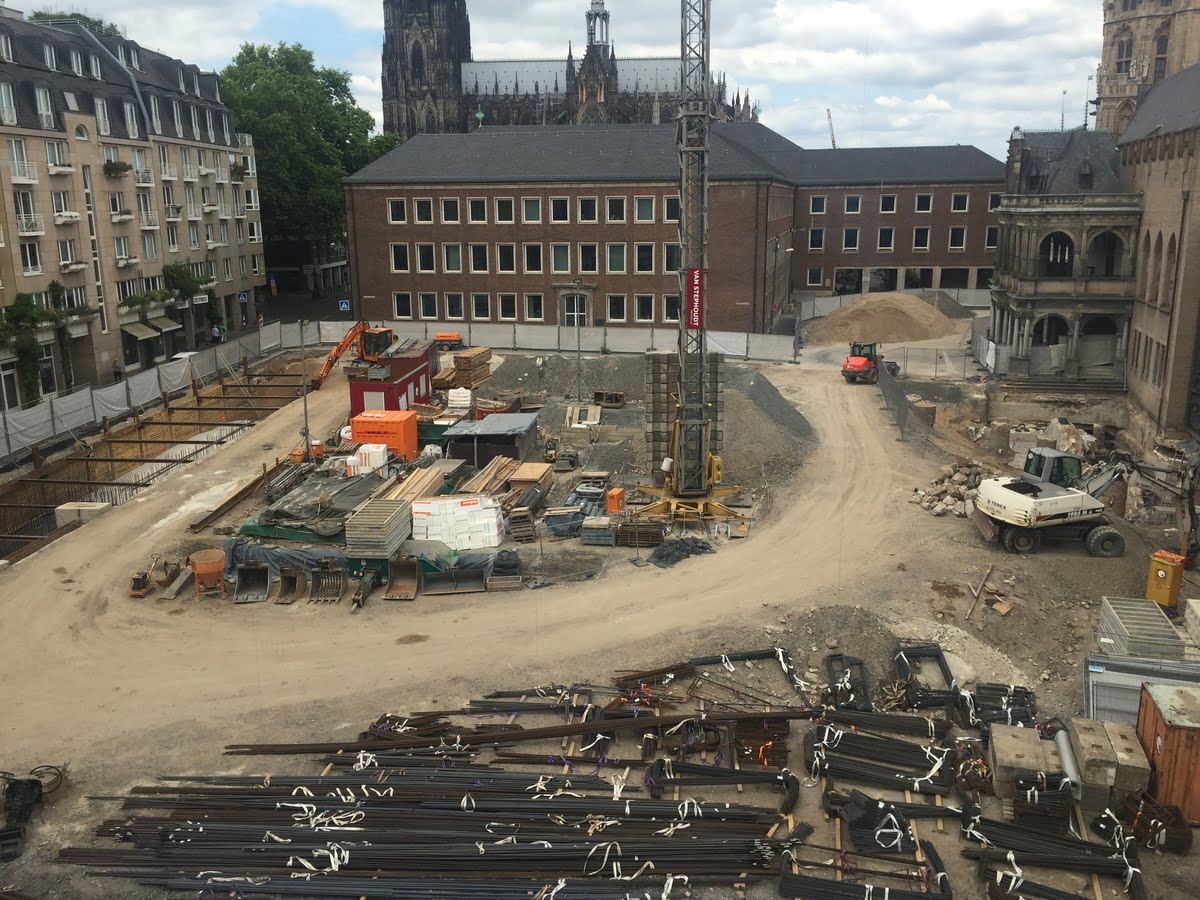
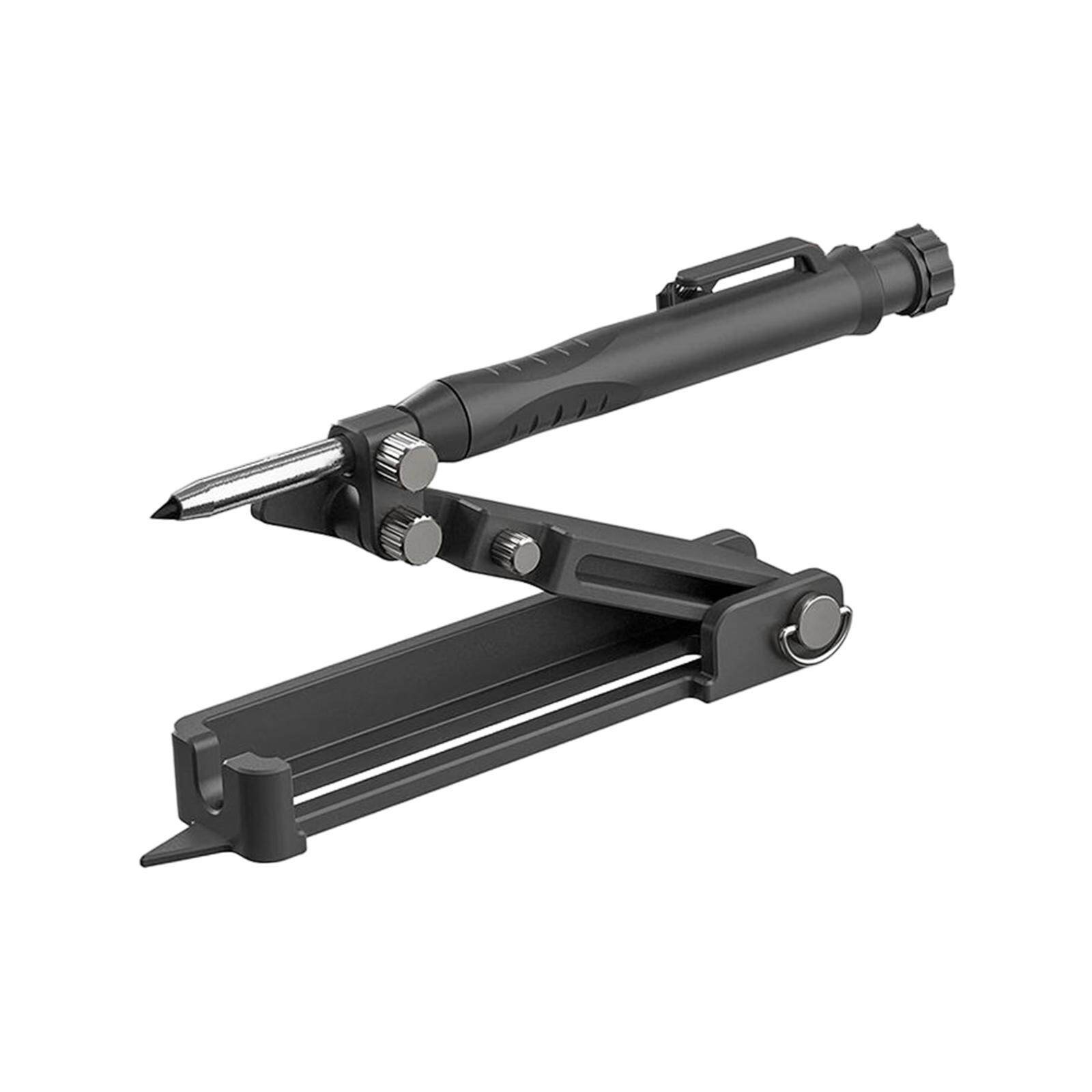

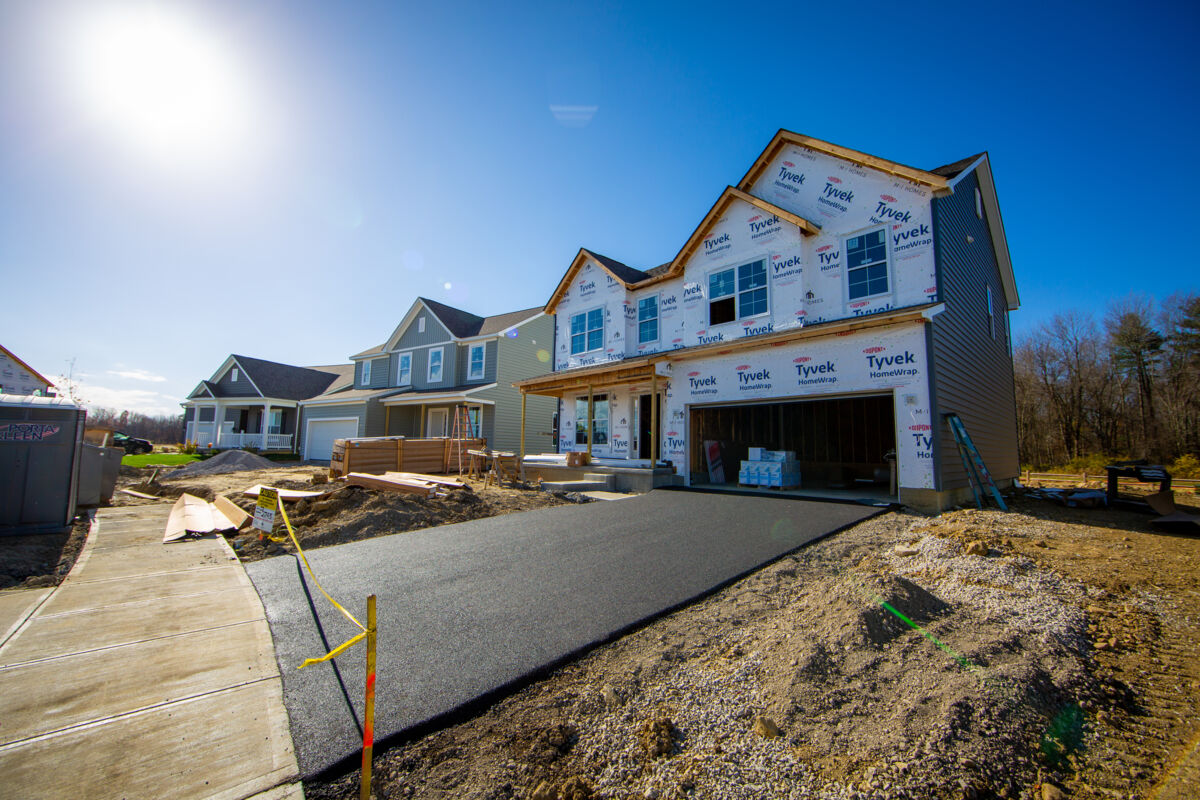

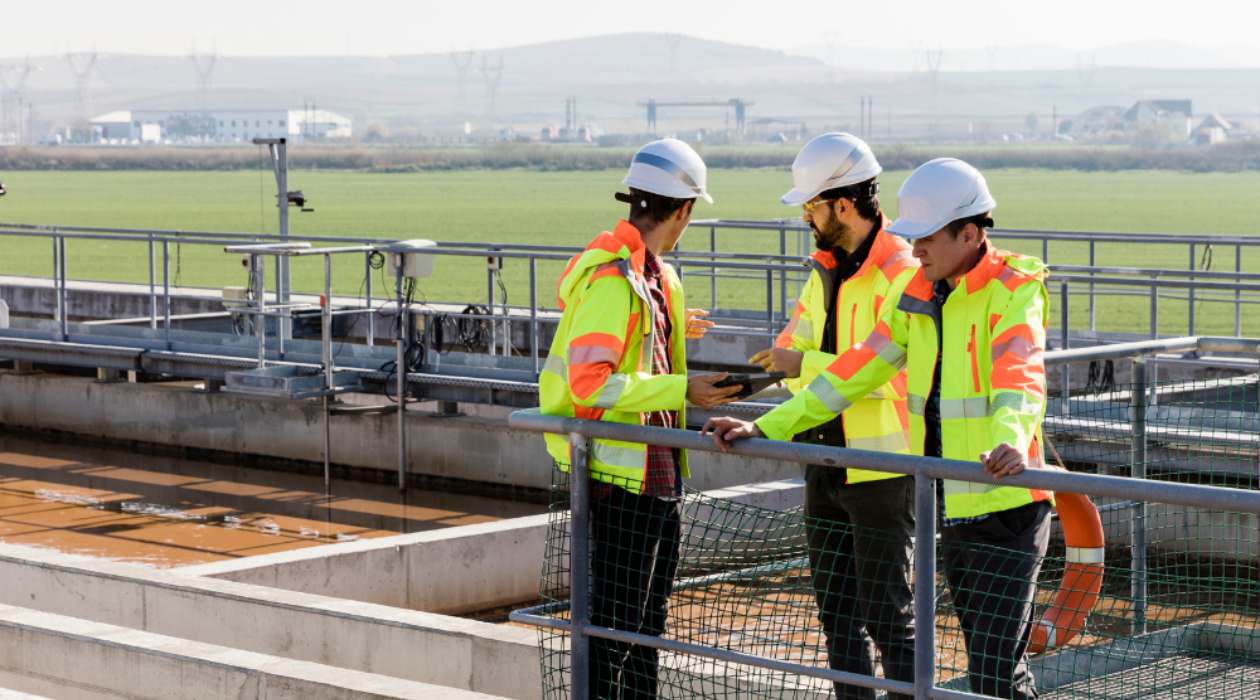
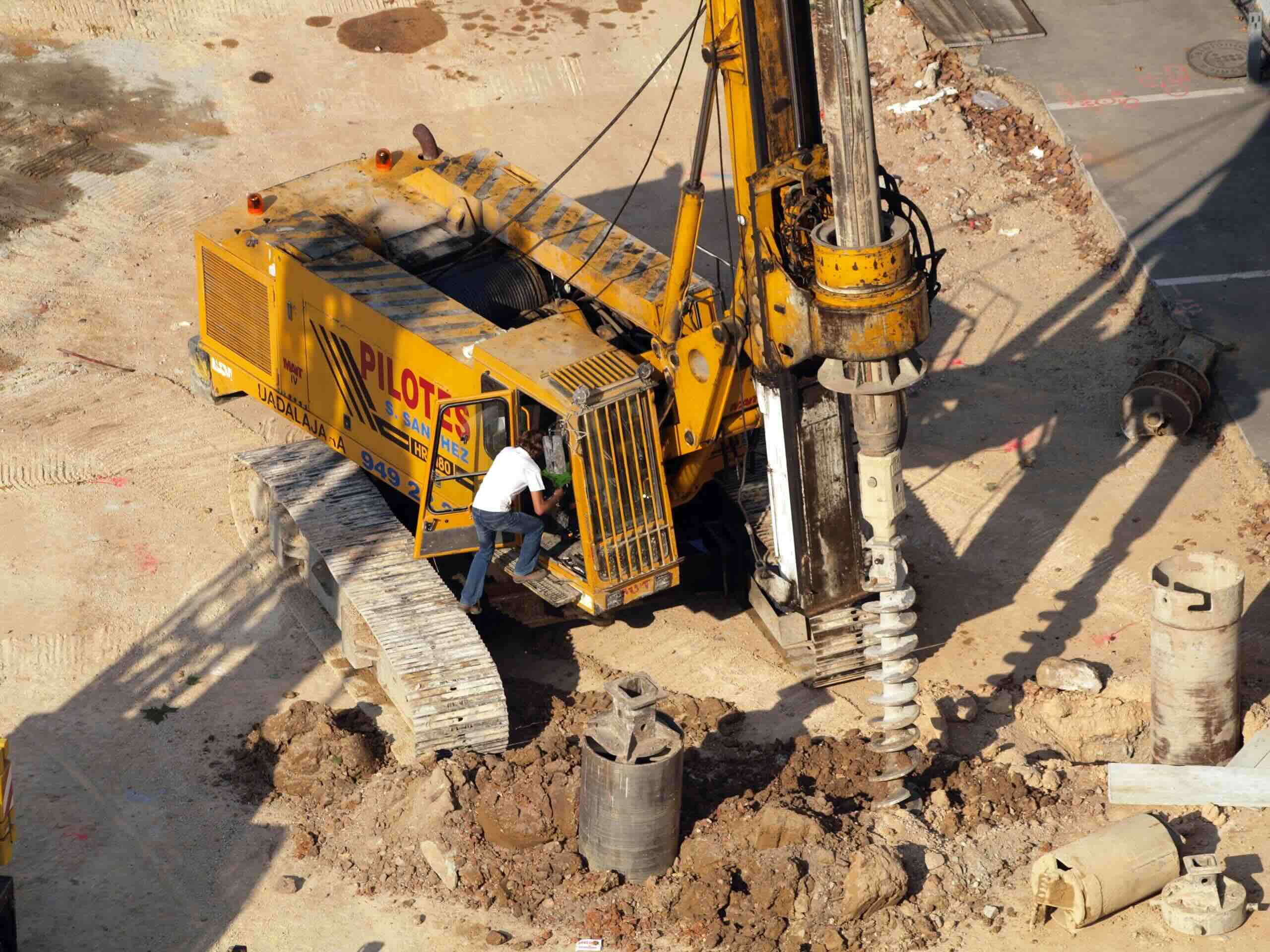
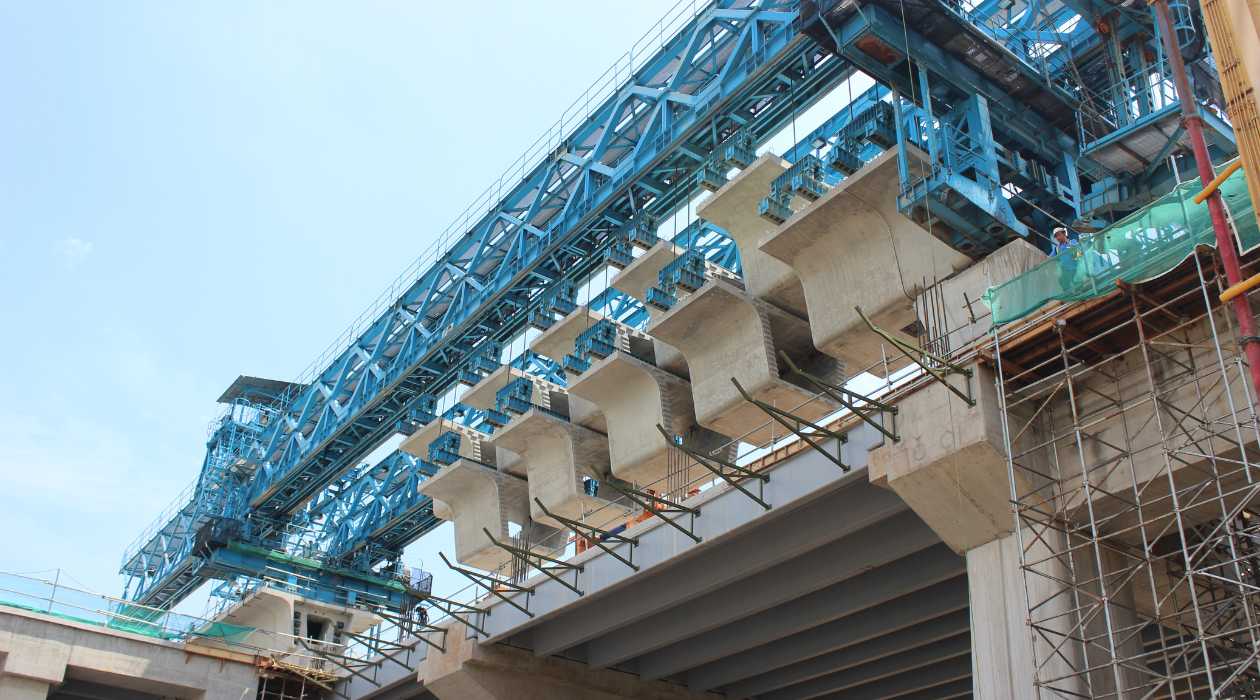
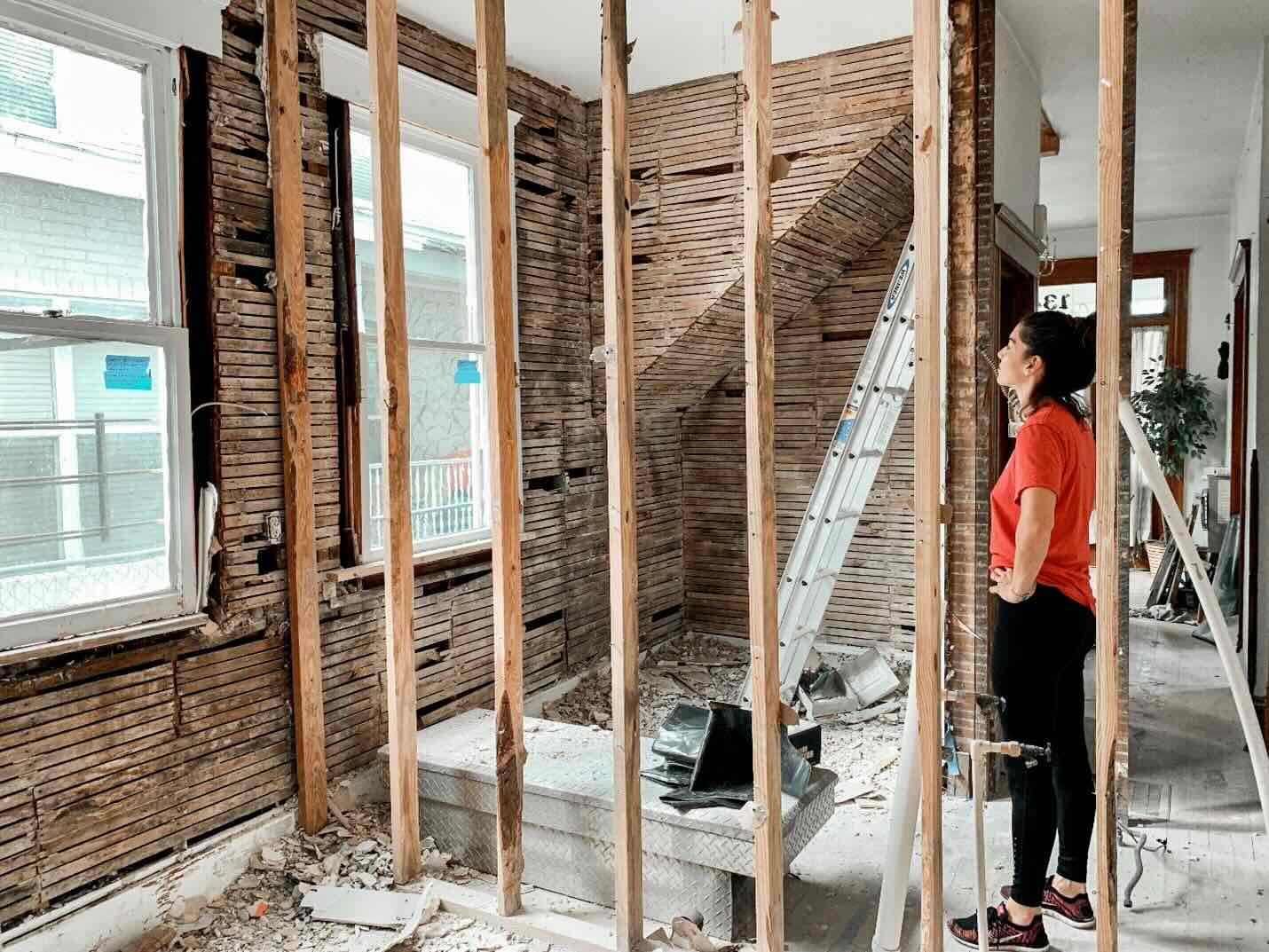
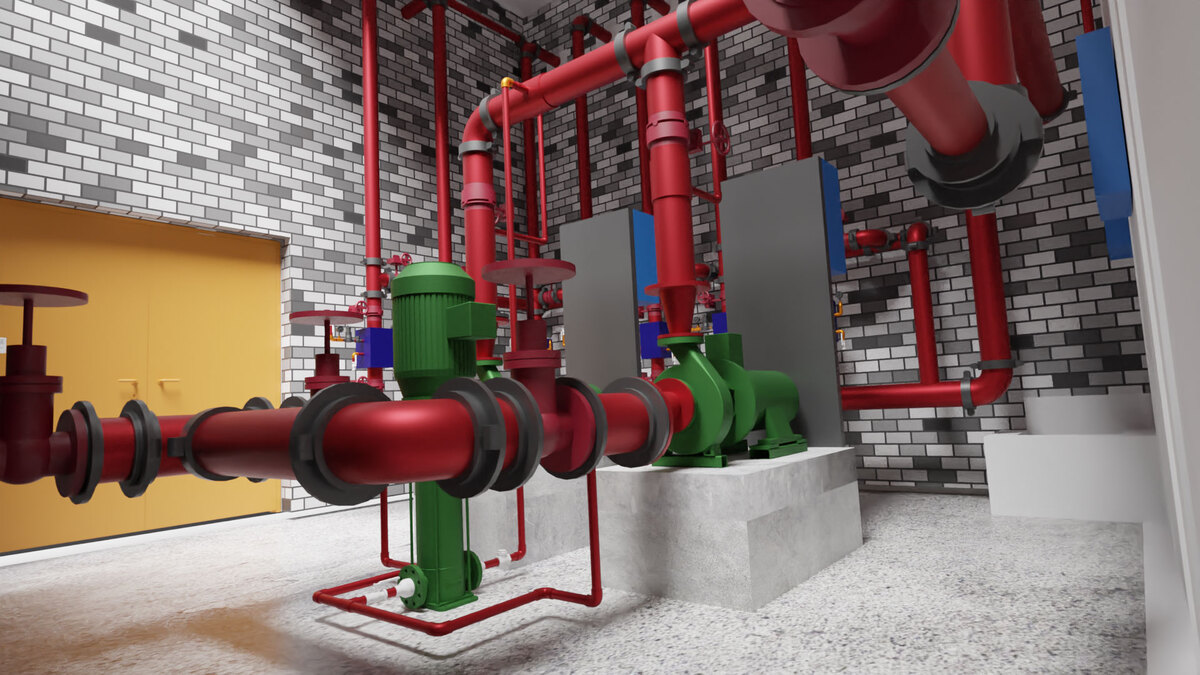
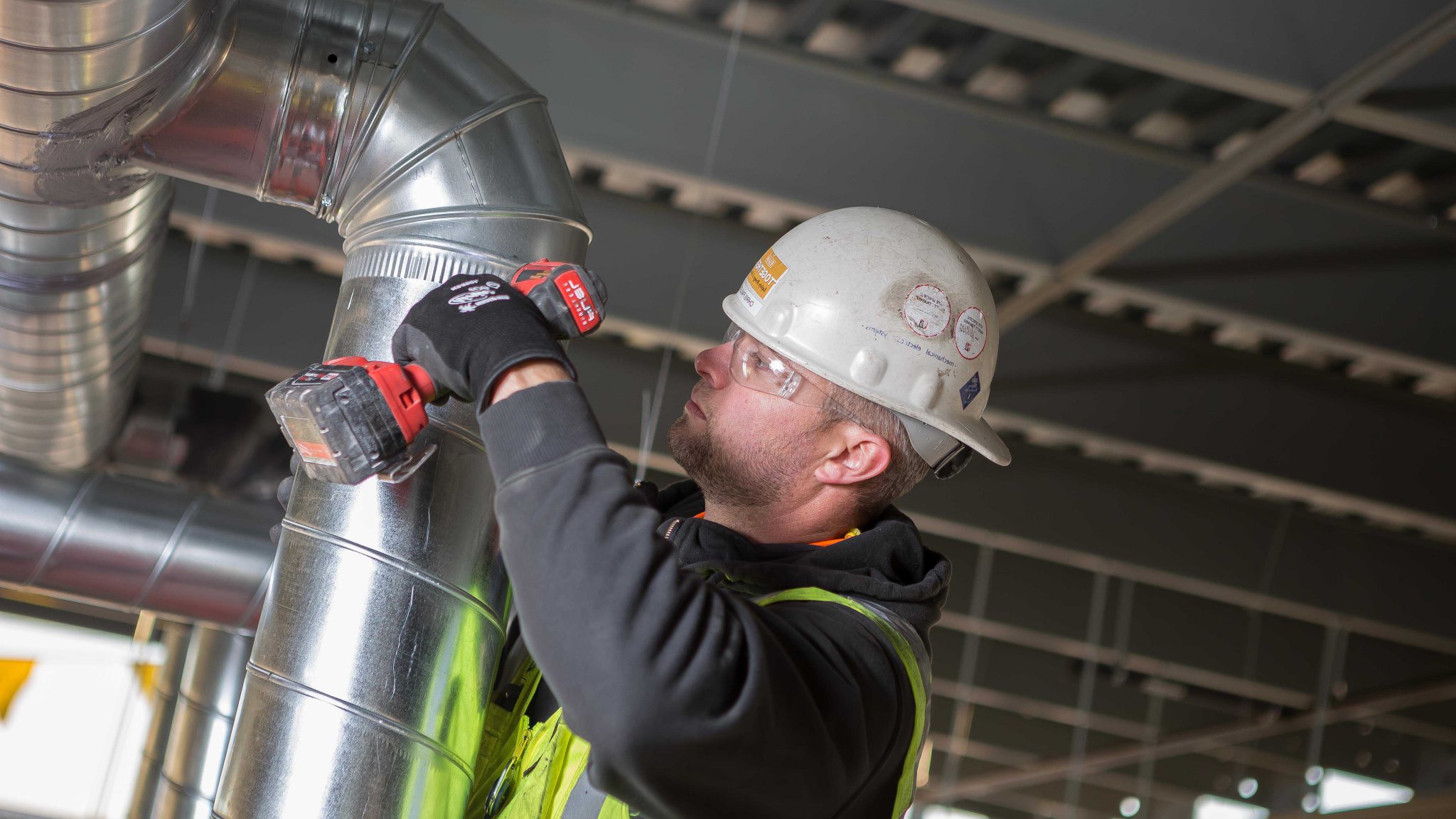

0 thoughts on “What Is A Construction Surveyor”